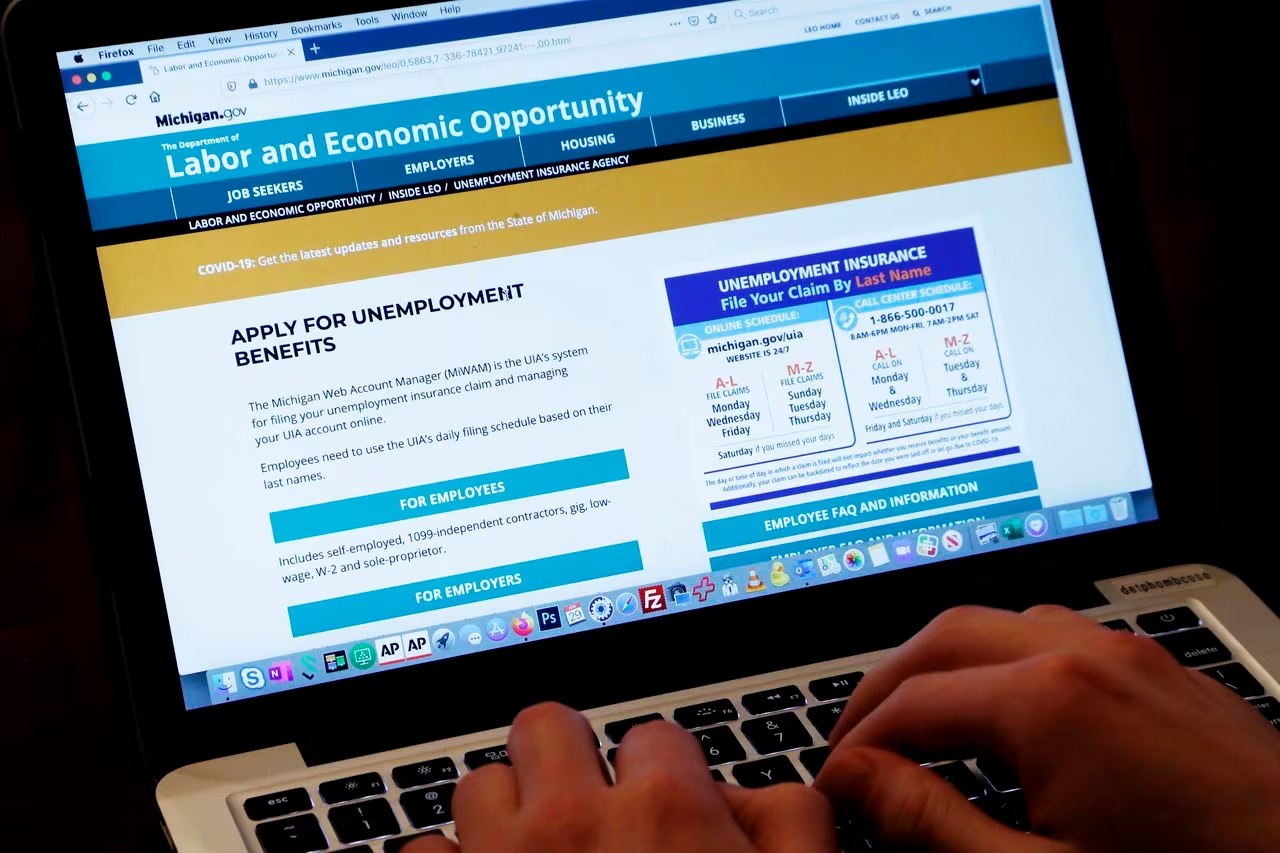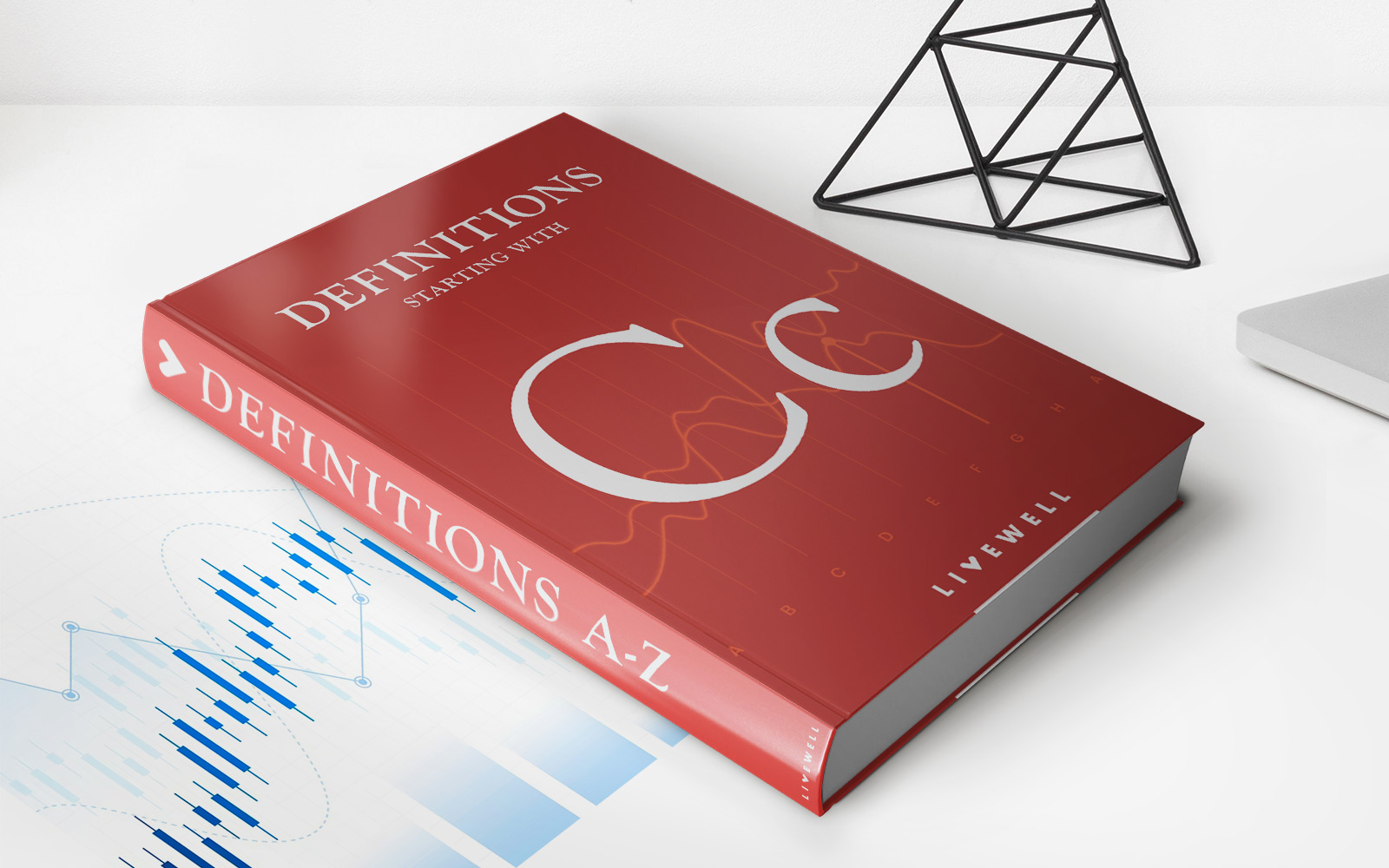Home>Finance>Tips On How To Avoid Interest On Credit Cards By Paying The Last Statement Balance


Finance
Tips On How To Avoid Interest On Credit Cards By Paying The Last Statement Balance
Modified: March 7, 2024
Learn effective strategies to avoid paying interest on credit cards by clearing your last statement balance. Discover finance tips to manage your credit card debt wisely.
(Many of the links in this article redirect to a specific reviewed product. Your purchase of these products through affiliate links helps to generate commission for LiveWell, at no extra cost. Learn more)
Table of Contents
Introduction
Managing credit card payments can be a challenging task, especially when it comes to avoiding interest charges. However, with the right approach and financial discipline, it’s possible to navigate the world of credit cards without falling into the interest trap. By understanding the dynamics of credit card statements, implementing strategic payment methods, and maintaining a vigilant eye on spending habits, individuals can effectively sidestep interest charges and make the most of their credit card benefits. In this article, we’ll explore practical tips and strategies to help you avoid interest on credit cards by paying the last statement balance.
By delving into the intricacies of credit card management, we aim to empower readers with the knowledge and tools necessary to take control of their financial well-being. From comprehending the components of a credit card statement to leveraging automation and budgeting techniques, this guide will provide actionable insights to facilitate informed decision-making. Whether you’re a seasoned credit card user or just starting your financial journey, the following tips are designed to equip you with the skills to minimize interest payments and maximize the advantages of credit card usage.
Understanding Your Credit Card Statement
Before delving into strategies for avoiding interest on credit cards, it’s crucial to grasp the fundamental elements of a credit card statement. Typically issued on a monthly basis, a credit card statement serves as a comprehensive record of your card’s activity during a specific billing cycle. It includes essential details such as the previous balance, payments and credits, purchases, cash advances, fees, interest charges, and the current balance. Understanding these components is essential for effectively managing your credit card and making informed decisions regarding payments.
Key elements of a credit card statement:
- Previous Balance: This represents the outstanding balance from the previous billing cycle.
- New Purchases: The total amount of purchases made during the current billing cycle.
- Payments/Credits: Any payments made or credits received during the billing cycle.
- Interest Charges: The accrued interest based on the outstanding balance and the card’s interest rate.
- Current Balance: The total amount owed on the card at the end of the billing cycle.
By familiarizing yourself with these components, you can gain a clearer understanding of how your credit card balance is calculated and identify opportunities to minimize interest charges. This knowledge forms the foundation for implementing effective payment strategies and maintaining financial control.
Paying the Full Statement Balance
One of the most effective ways to avoid interest on credit cards is to pay the full statement balance each month. When you pay the full amount shown on your credit card statement by the due date, you effectively sidestep accruing interest on carried-over balances. This approach not only helps you avoid unnecessary interest expenses but also contributes to building a positive credit history and improving your credit score.
By paying the full statement balance, you demonstrate responsible credit management and financial discipline. Additionally, this practice allows you to fully enjoy the benefits of your credit card, such as rewards programs and cashback offers, without incurring additional costs. It’s important to note that paying only the minimum amount due can lead to substantial interest charges on the remaining balance, potentially resulting in long-term debt and financial strain.
Furthermore, by consistently paying the full statement balance, you establish a healthy repayment pattern that can enhance your financial credibility and eligibility for better credit terms in the future. This proactive approach to credit card management not only saves you money but also fosters a positive financial outlook, aligning with your long-term goals and aspirations.
When you prioritize paying the full statement balance, you gain greater control over your finances and reduce the risk of falling into a cycle of debt. This mindful approach to credit card payments sets the stage for a more secure and stable financial future, empowering you to make the most of your credit card while avoiding the pitfalls of accumulating interest charges.
Setting Up Automatic Payments
Managing multiple due dates and ensuring timely credit card payments can be a daunting task, especially amidst a busy schedule. To streamline the payment process and avoid the risk of missing due dates, setting up automatic payments for your credit card can be a game-changing strategy. Most credit card providers offer the option to schedule automatic payments, allowing you to designate a specific amount to be paid from your bank account towards your credit card balance on a predetermined date each month.
By opting for automatic payments, you eliminate the possibility of overlooking payment deadlines and incurring late fees or interest charges. This proactive approach not only simplifies your financial management but also contributes to a consistent payment history, which is a crucial factor in determining your creditworthiness. Additionally, automatic payments offer peace of mind, knowing that your credit card obligations are being met without the need for manual intervention.
When setting up automatic payments, it’s important to consider the following:
- Payment Amount: Determine whether you want to pay the minimum amount due, the full statement balance, or a fixed amount each month.
- Payment Date: Choose a date that aligns with your financial schedule and ensures that funds are available in your account.
- Monitoring Payments: Regularly review your automatic payments to ensure they align with your credit card activity and overall financial strategy.
While automatic payments offer convenience and peace of mind, it’s essential to maintain awareness of your credit card activity and account balances to avoid potential discrepancies or unauthorized charges. By leveraging this automated approach alongside regular account monitoring, you can effectively stay on top of your credit card payments while minimizing the risk of interest accrual and late payment penalties.
Using a Budget to Manage Expenses
Implementing a comprehensive budget is a fundamental aspect of sound financial management, and it plays a crucial role in managing credit card expenses to avoid interest charges. A well-crafted budget allows you to allocate funds for essential expenses, savings, and discretionary spending while maintaining a clear overview of your financial inflows and outflows. By integrating your credit card payments into your budget, you can proactively control your spending and ensure that you have the necessary funds to pay your full statement balance each month.
When creating a budget to manage credit card expenses, consider the following steps:
- Evaluate Your Income and Expenses: Determine your monthly income and categorize your expenses, including fixed costs (rent, utilities, loan payments) and variable expenses (groceries, entertainment, dining out).
- Allocate Funds for Credit Card Payments: Prioritize setting aside the necessary funds to cover your full statement balance within your budget, ensuring that these payments are integrated as a non-negotiable expense.
- Track Your Spending: Monitor your credit card transactions and overall spending to stay within the limits established by your budget, identifying areas where adjustments may be necessary.
- Adjust and Fine-Tune: Regularly review and adjust your budget to accommodate changes in income, expenses, or financial goals, ensuring that your credit card payments remain a consistent priority.
By aligning your credit card payments with your budget, you create a structured framework for responsible spending and financial planning. This proactive approach not only helps you avoid interest charges but also fosters a disciplined financial mindset, empowering you to make informed decisions about your expenses and long-term financial goals.
Moreover, integrating credit card payments into your budget allows you to proactively manage your cash flow, avoid overspending, and maintain a healthy financial position. By adhering to your budget and consistently allocating funds for credit card payments, you can navigate your financial obligations with confidence and minimize the risk of incurring interest on your credit card balances.
Avoiding Unnecessary Purchases
One effective strategy for minimizing credit card balances and, consequently, interest charges is to avoid unnecessary purchases. Impulse buying and discretionary spending can lead to inflated credit card bills, making it challenging to pay off the full statement balance each month. By adopting a mindful approach to spending and making deliberate purchasing decisions, you can curtail unnecessary expenses and maintain greater control over your credit card utilization.
Consider the following tactics to steer clear of unnecessary purchases:
- Create a Shopping List: Before making any purchases, especially non-essential items, compile a list of what you genuinely need, and adhere to it to avoid impulse buying.
- Acknowledge Wants vs. Needs: Distinguish between items that are essential for daily living and those that are merely desirable, prioritizing the former over the latter.
- Implement a Cooling-Off Period: For significant or non-urgent purchases, institute a waiting period before buying to assess whether the item is a necessity or a fleeting desire.
- Avoid Emotional Spending: Refrain from making purchases as a reaction to emotional triggers, and instead, evaluate the necessity and long-term value of the item.
By exercising prudence and mindfulness in your purchasing habits, you can minimize the accumulation of unnecessary credit card charges, ultimately reducing the risk of interest accruing on outstanding balances. This approach not only promotes responsible financial behavior but also contributes to a more sustainable and manageable credit card utilization pattern.
Furthermore, by prioritizing essential expenses and consciously avoiding frivolous purchases, you create a financial environment conducive to maintaining a healthy credit card balance. This, in turn, facilitates the consistent payment of the full statement balance, mitigating the need to carry over debt and incur interest charges, ultimately contributing to a more secure and stable financial future.
Keeping Track of Due Dates
Staying vigilant about your credit card payment due dates is essential for avoiding late fees and interest charges. Missing a payment deadline can not only result in financial penalties but also tarnish your credit history, potentially impacting your credit score. To effectively manage your credit card payments and circumvent the risk of accruing interest, it’s crucial to maintain a clear overview of your due dates and adopt strategies to ensure timely payments.
Consider the following methods for keeping track of your credit card due dates:
- Utilize Calendar Reminders: Set up recurring reminders on your digital calendar or smartphone to alert you about upcoming credit card payment due dates well in advance.
- Automate Payment Reminders: Many financial management apps and banking platforms offer the option to receive automated reminders for impending credit card due dates, helping you stay proactive in your payment approach.
- Consolidate Due Dates: If feasible, consider aligning your credit card payment due dates to fall on the same day each month, simplifying the tracking and management of multiple cards.
- Regularly Review Statements: Routinely review your credit card statements to verify due dates and ensure that you are aware of any changes or updates in the payment schedule.
By integrating these practices into your financial routine, you can establish a robust system for tracking credit card due dates, reducing the likelihood of missed payments and the associated consequences. Timely payments not only help you avoid interest charges but also contribute to maintaining a positive credit history and fostering financial discipline.
Moreover, by proactively managing your credit card due dates, you create a structured approach to financial responsibility, ensuring that your payments are consistently met without incurring unnecessary fees or interest. This proactive stance not only safeguards your financial well-being but also strengthens your creditworthiness, positioning you for favorable credit terms and opportunities in the future.
Conclusion
Effectively managing credit card payments to avoid interest charges requires a combination of financial awareness, strategic planning, and disciplined spending habits. By understanding the components of your credit card statement and prioritizing the payment of the full statement balance each month, you can sidestep the accumulation of interest and maintain control over your financial well-being. Leveraging automation, such as setting up automatic payments and utilizing budgeting tools, streamlines the payment process and minimizes the risk of missed deadlines, ensuring that your credit card obligations are consistently met.
Furthermore, exercising prudence in spending and consciously avoiding unnecessary purchases contributes to maintaining a manageable credit card balance, reducing the likelihood of interest accruing on outstanding amounts. By staying vigilant about due dates and implementing strategies to track and manage payment deadlines, you establish a proactive approach to credit card management, mitigating the risk of late fees and fostering responsible financial behavior.
Ultimately, by integrating these strategies into your financial routine, you can navigate the world of credit cards with confidence, maximizing the benefits of your cards while minimizing the potential drawbacks. By prioritizing timely payments and mindful spending, you not only avoid interest charges but also cultivate a positive financial outlook, positioning yourself for long-term financial stability and well-being.
In essence, by embracing these practical tips and strategies, you can empower yourself to make informed decisions, exercise financial discipline, and effectively avoid interest on credit cards by paying the last statement balance, ultimately shaping a secure and prosperous financial future.














